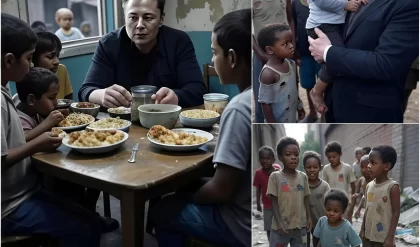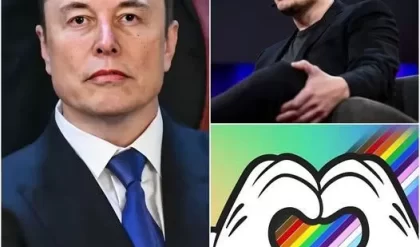The magical world of Harry Potter, once a unifying force for millions, has become a battleground for one of the most polarizing cultural debates of our time. J.K. Rowling, the celebrated author behind the beloved series, has found herself at odds with two of her most famous protégés, Daniel Radcliffe and Emma Watson, over their differing views on transgender rights. This ongoing feud, which has simmered for years, reached a boiling point in early 2025, when Rowling publicly declared she would “never forgive” the actors for their vocal support of the transgender community. The fallout has sparked heated discussions across social media, with fans torn between loyalty to the creator of their cherished wizarding world and the stars who brought it to life. What lies at the heart of this rift, and how has it reshaped the legacy of Harry Potter?
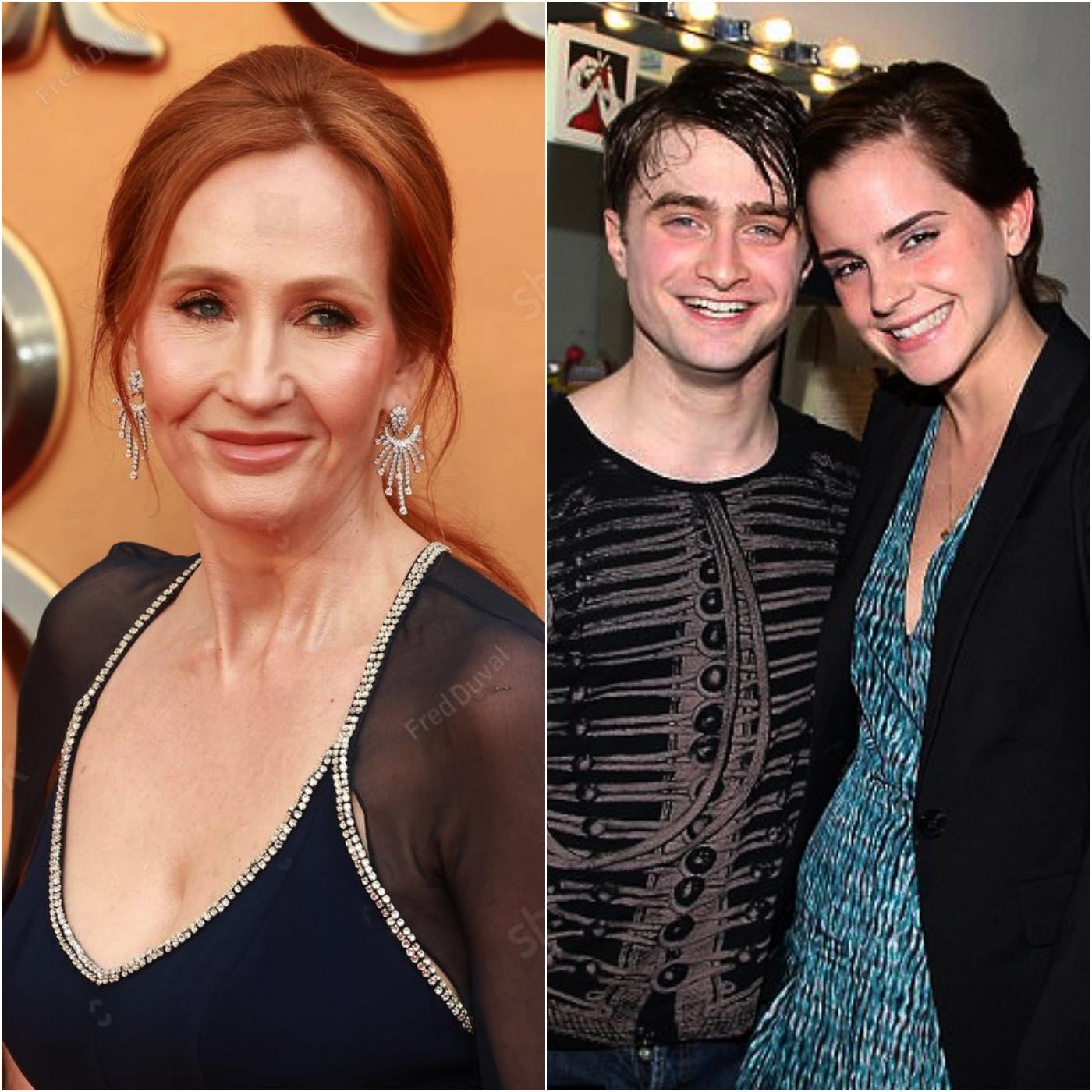
The controversy began in June 2020, when Rowling posted a series of tweets that many interpreted as dismissive of transgender identities. She questioned the phrase “people who menstruate” and expressed concerns about the implications of trans-inclusive language for women’s rights. Her comments ignited a firestorm, with fans and critics alike accusing her of transphobia. In response, Radcliffe, who played Harry Potter, issued a statement through The Trevor Project, an LGBTQ+ advocacy group, asserting, “Transgender women are women. Any statement to the contrary erases the identity and dignity of transgender people.” Watson, who portrayed Hermione Granger, echoed this sentiment, stating on social media, “I want my trans followers to know that I and so many other people around the world see you, respect you and love you for who you are.” These public rebukes from the actors marked the beginning of a fracture that has only deepened over time.
Rowling’s stance has remained steadfast. In a 2020 essay titled “TERF Wars,” she elaborated on her views, expressing concern about the erosion of women’s rights and the potential risks of unrestricted access to single-sex spaces. She argued that her position was rooted in protecting vulnerable women, not denying trans identities. However, her words were met with widespread criticism, with many accusing her of misrepresenting the realities of transgender lives. The essay further alienated her from Radcliffe and Watson, who continued to champion trans rights. Radcliffe, in a 2023 video series for The Trevor Project, moderated a discussion with transgender and nonbinary youth, reinforcing his commitment to the cause. Watson, meanwhile, has donated to trans charities and consistently used her platform to advocate for inclusivity.
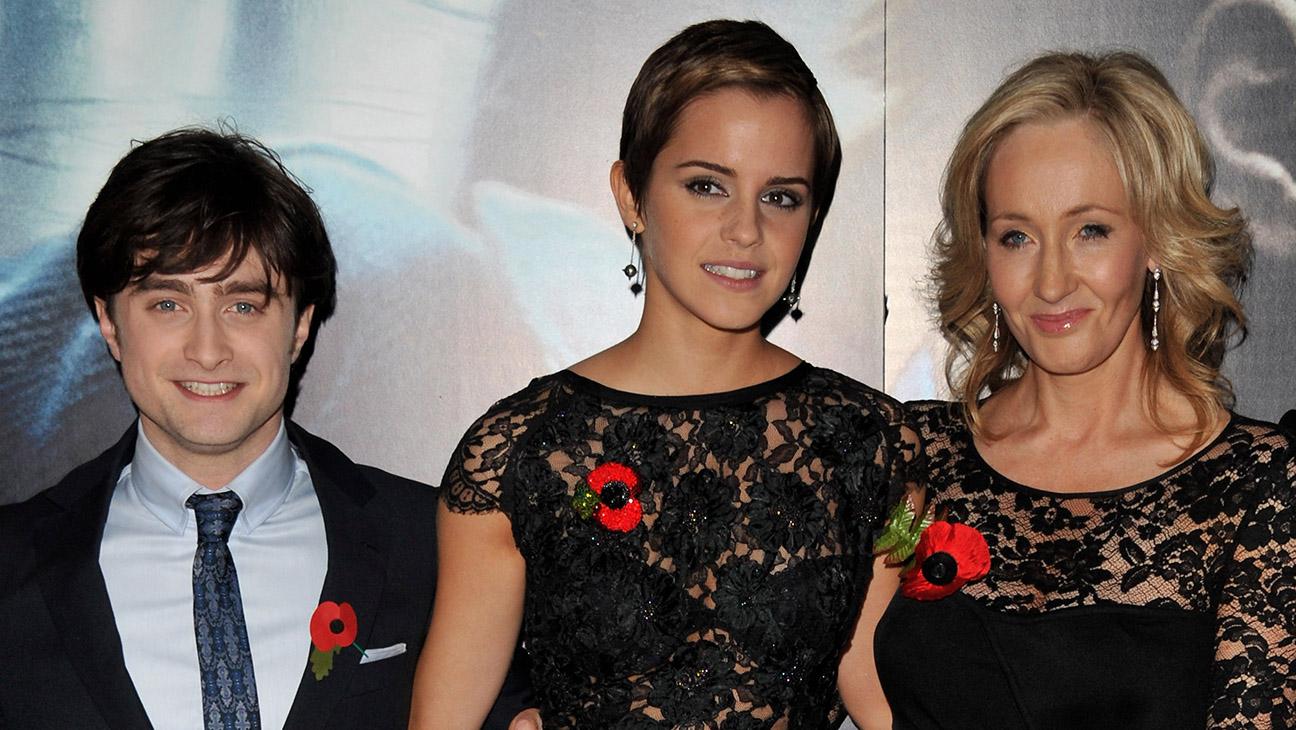
The tension escalated in April 2024, following the release of the Cass Report, a UK study critiquing gender-affirming care for minors. Rowling seized on the report to bolster her arguments, posting on X that celebrities who “used their platforms to cheer on the transitioning of minors” should save their apologies for “traumatised detransitioners and vulnerable women.” The post was widely interpreted as a direct jab at Radcliffe and Watson, with Rowling adding, “I’m bloody angry.” Her refusal to reconcile with the actors was cemented in a February 2025 statement, where she reiterated that she would not forgive them, accusing them of siding with a movement that erodes women’s hard-won rights. This declaration, reported by LADbible, sent shockwaves through the Harry Potter fandom, prompting a fresh wave of debate.
For many fans, the rift is deeply personal. The Harry Potter series, with its themes of acceptance and resistance against prejudice, has long been a touchstone for marginalized communities, including LGBTQ+ readers. Radcliffe’s and Watson’s support for trans rights resonates with those who see the series as a beacon of inclusivity. One fan on X wrote, “Daniel and Emma are standing up for what’s right. Harry Potter taught us to fight for the oppressed, not against them.” Others, however, align with Rowling, arguing that her concerns about women’s safety and free speech are valid. A commenter on Reddit’s r/transgender community noted, “Rowling thinks she owns these actors because she created their characters, but they’re their own people with their own beliefs.”
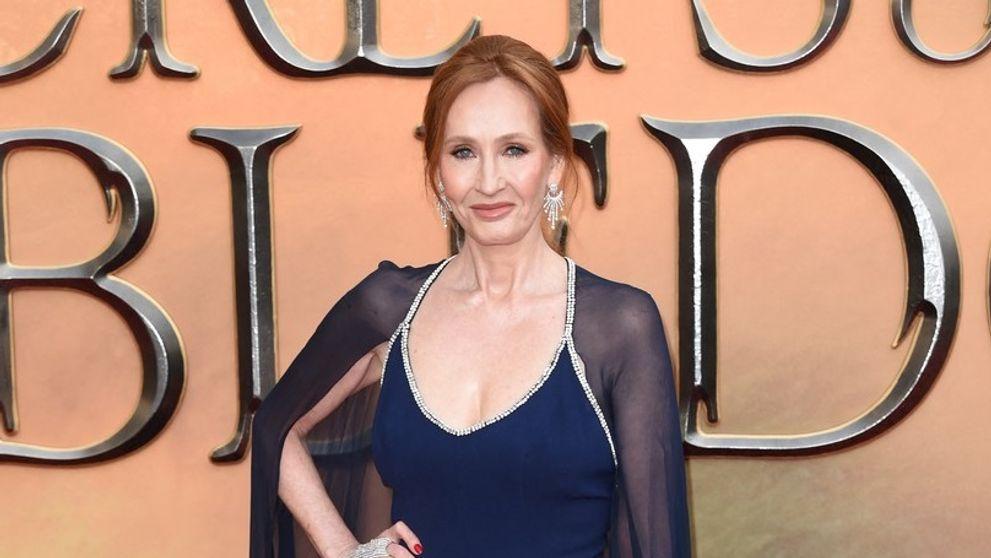
The divide has also sparked broader conversations about celebrity influence and accountability. Rowling’s critics argue that her platform amplifies harmful rhetoric, while her supporters contend that she’s exercising her right to free speech in a climate that punishes dissent. The Cass Report, which highlighted gaps in evidence for gender-affirming care, has been a flashpoint, with Rowling citing it as vindication. Yet, trans advocates point out that the report’s findings are nuanced and don’t negate the validity of trans identities. The debate has spilled onto platforms like Facebook, where posts about the controversy often go viral, fueled by the emotional weight of the Harry Potter legacy.
Radcliffe and Watson have largely avoided direct confrontation with Rowling since their initial statements. Radcliffe, in a 2024 interview with Rolling Stone, expressed sadness over the situation, saying, “It makes me really sad, ultimately, because I do look at the person that I met, the times that we met, and the books that she wrote, and the world that she created, and all of that is to me so deeply empathic.” Watson has similarly refrained from personal attacks, focusing instead on uplifting trans voices. Their restraint contrasts with Rowling’s increasingly combative tone, which some fans interpret as a betrayal of the values her books espoused.
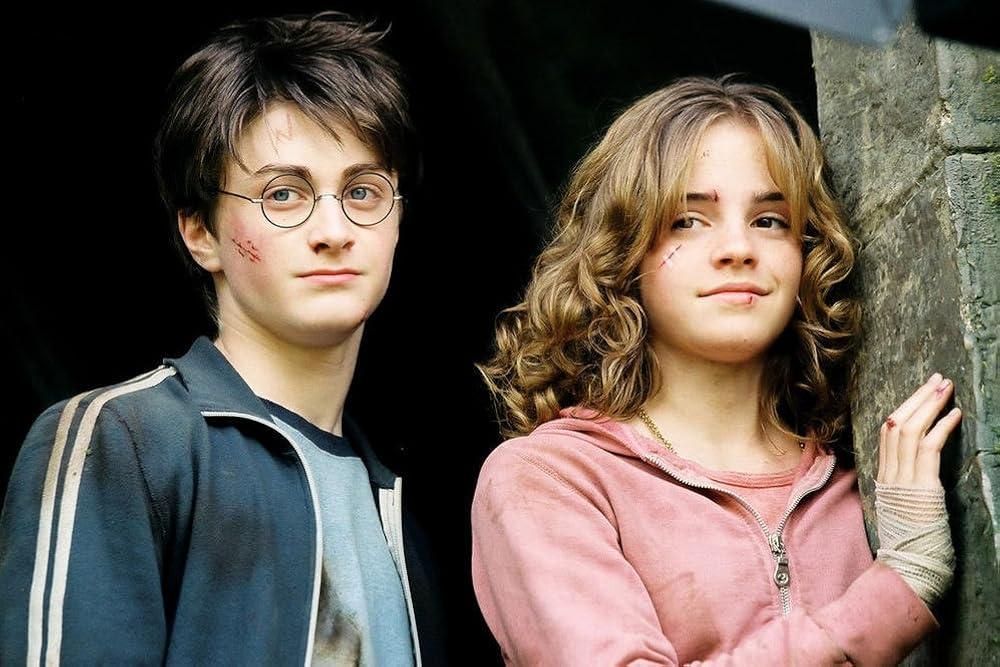
The controversy has also raised questions about the future of the Harry Potter franchise. With a new HBO series in development, the divide between Rowling and the original cast could complicate efforts to maintain the series’ universal appeal. Fans are left wondering whether the wizarding world can remain a shared cultural touchstone when its creator and stars are so publicly at odds. Some have called for a boycott of Rowling’s work, while others argue that separating the art from the artist is possible. The debate mirrors broader societal tensions over free speech, identity, and the responsibilities of public figures.
As the rift deepens, the Harry Potter community remains fractured. For every fan who admires Radcliffe and Watson’s advocacy, there’s another who feels Rowling’s perspective is unfairly maligned. The author’s refusal to forgive her former collaborators underscores a broader cultural impasse, where dialogue often gives way to division. Yet, the enduring power of Harry Potter lies in its ability to spark conversation, even in conflict. Whether this feud will ever find resolution remains uncertain, but its impact on the series’ legacy is undeniable. For now, fans are left to navigate their love for a fictional world against the real-world complexities of those who shaped it.


